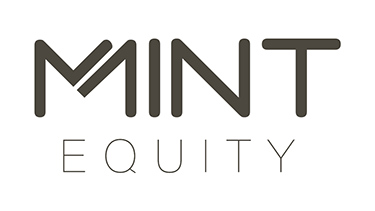Equity is the difference between what your property is worth and what you owe to your lender. In other words, it's the amount of your property that you actually own.
If your property is worth $500,000 and your mortgage on the property is $300,000, then the component of the value in that property that is considered equity is $200,000.
As an investor, this equity is powerful because it can be used to refinance the loan, turning it into funds so that you can improve or renovate, or it can even be used as a deposit to expand your portfolio by buying another investment property.
However, it might not be that simple. Especially in recent years, banks will generally only lend up to 80% of the value of a property without lender's mortgage insurance. So, in the case of your $500,000 property with a mortgage of $300,000, keeping the loan to value ratio at 80% would mean that while total equity is $200,000, the 'available equity' is only $100,000.
Accessing equity
Valuation
To access the equity in your property and put it to work, the first step is to ascertain the value. But what is the true value of your home?
In short, the real value of your home is what a buyer will actually spend to buy it. This is called the 'market value'.
If you call up a real estate agent and ask them to value your home, they will go into great detail to think about really maximising the sale price, even going so far as to recommend re-decorating a home and organising professional photos for the real estate listing so as to squeeze every last dollar from a buyer.
Because of this, the actual market value might be higher than what a bank determines as the value of your property.
If you apply to a bank for a home loan or to refinance, they will arrange for an independent valuer to assess the property's value for the purposes of limiting their risk when it comes to lending you the money to buy it.
What is equity and how can you use it?
So, while a real estate agent will look in great detail at your property to maximise the market value, a bank will be more interested in the location, the layout and the basic structure and condition of the land and buildings. This more conservative approach is so the lender can work out what you can responsibly afford to pay back, and reduce their risk of losing money in the event that you default and they have to sell the property in a timely fashion.
But if the lender's valuation is enough and they agree to release the equity in your home, you may be able to use this money to invest in another property. One way to do this is to simply use the money as a deposit on another property, perhaps using an entirely separate lender.
Cross-collateralisation
Again, there is another way - cross-collateralisation, which can often be easier to arrange than a full refinancing. This is when you use the extra equity in one property to buy into another with the same lender. It is a potential path to quickly building wealth as an investor, but it also has some risks, as it involves using your equity as security on not one, but two, properties. If you get yourself into financial trouble, a single lender may be able to repossess both properties.
This will allow you to fund the entire purchase and associated costs, provided there is sufficient equity to support.








